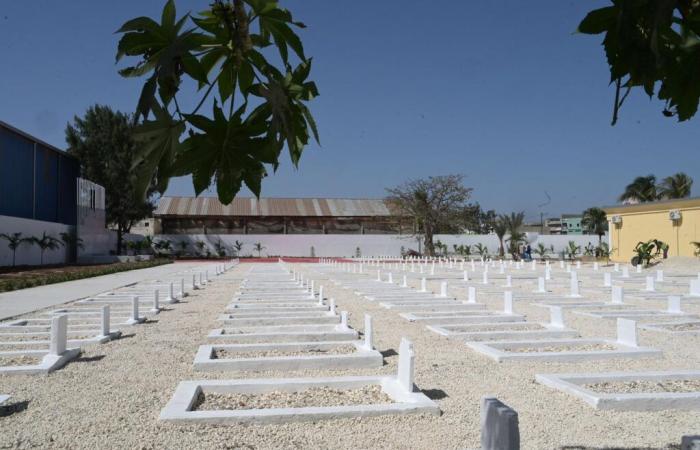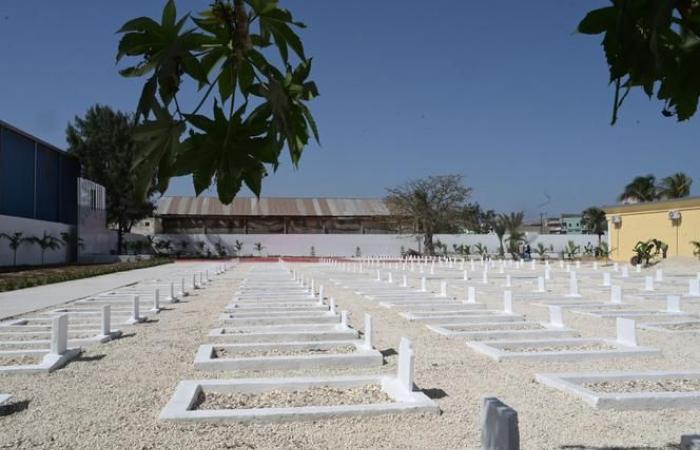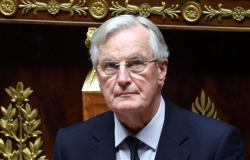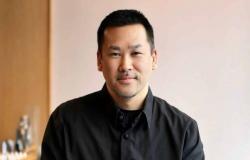Sunday 1is December, at the military camp of Thiaroye, in the suburbs of Dakar, a solemn tribute was paid by the Senegalese authorities to the dozens – or even hundreds, according to some historians – of African riflemen who were killed there eighty years ago. In the early morning of 1is December 1944, these soldiers were machine-gunned by the French army for demanding payment of their pay.
The President of Senegal, Bassirou Diomaye Faye, who intended to make these commemorations a highlight of his memorial policy, paid tribute “to African heroes (…) who contributed to writing in blood and sweat the glorious history of liberation” and who, however, were victims “a premeditated act aimed at perpetuating the colonial order”.
See also | Article reserved for our subscribers Thiaroye massacre: video investigation into the death of dozens of Senegalese riflemen, December 1, 1944
Read later
The new Senegalese authorities, who wanted to give a regional dimension to the event, had invited several African heads of state. Those from Mauritania, Guinea-Bissau, Gambia, and even Gabon responded. But not the putschists in power in Guinea, Mali or Burkina Faso, three countries from which many of the “tirailleurs” were nevertheless from during the colonial period. On the French side, Emmanuel Macron was absent and was represented by his Minister of Foreign Affairs, Jean-Noël Barrot.
Two days earlier, Bassirou Diomaye Faye had distanced himself from France by announcing, in an interview with Mondethe upcoming departure of French soldiers who have remained in Senegal since independence. A few hours later, Paris suffered another setback with the surprise announcement of Chad's decision to break its defense agreements with France.
Also read the interview | Article reserved for our subscribers Bassirou Diomaye Faye: “There will soon be no more French soldiers in Senegal”
Read later
Commission of inquiry
In Thiaroye, Sunday, Mr. Faye took care not to return to this sensitive issue, preferring to concentrate on the need for “duty of memory and truth” ; while once again demanding from France access to all archives. A necessity to end “to remain silent on this tragic episode desired and maintained by the colonial authority”. The Head of State also welcomed the « courage moral » of Emmanuel Macron who recognized, Thursday, a « massacre » committed in Thiaroye in 1944. In 2012, former president François Hollande described the facts as “bloody repression”.
The first foreign representative to speak after President Faye's speech, Jean-Noël Barrot explained the evolution of this official position. “If France recognizes this massacre, it also does so for itself because it does not accept that such injustice taints its history”he said, describing the episode as “gaping wound in our common history”.
You have 55.59% of this article left to read. The rest is reserved for subscribers.







